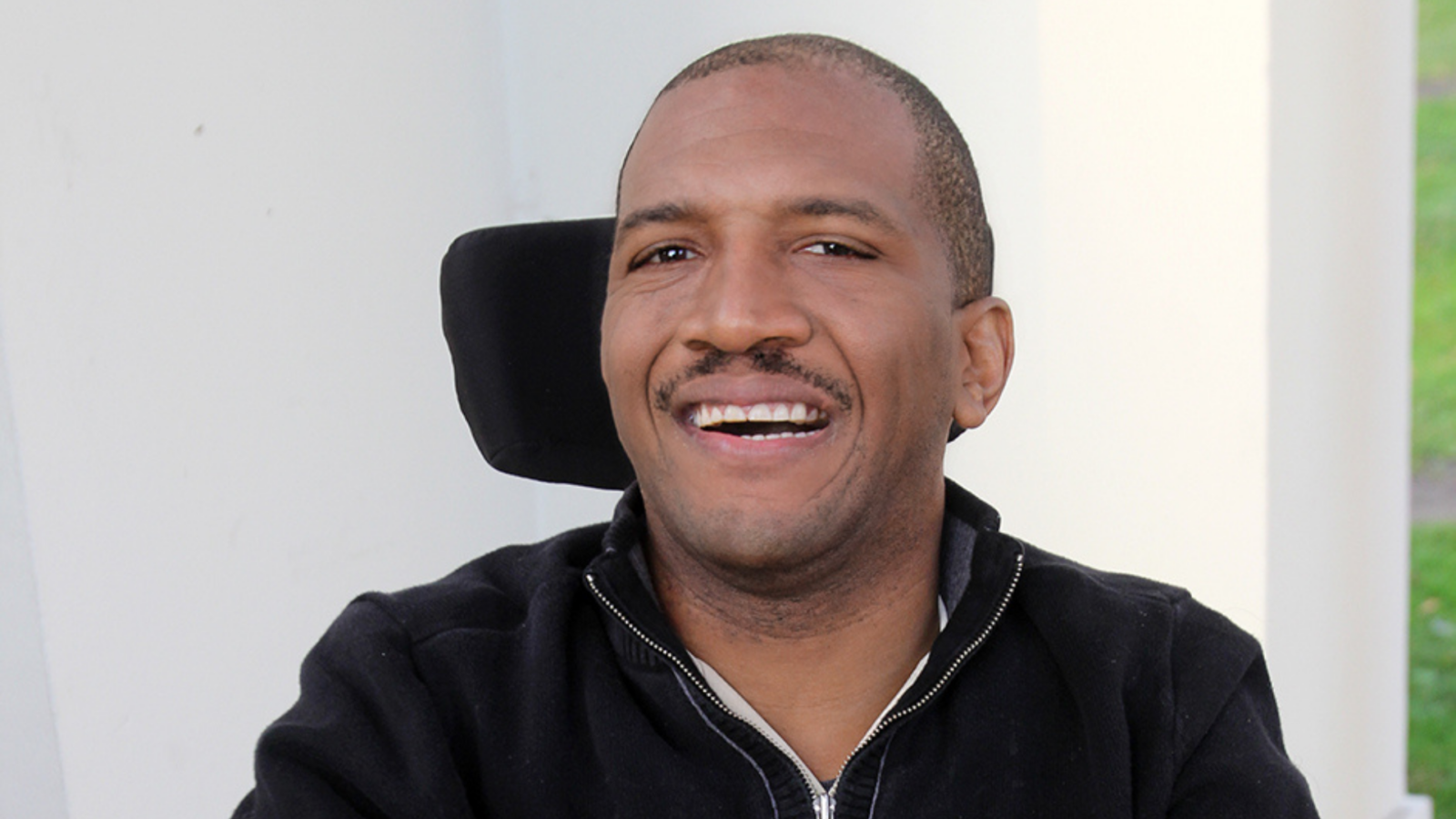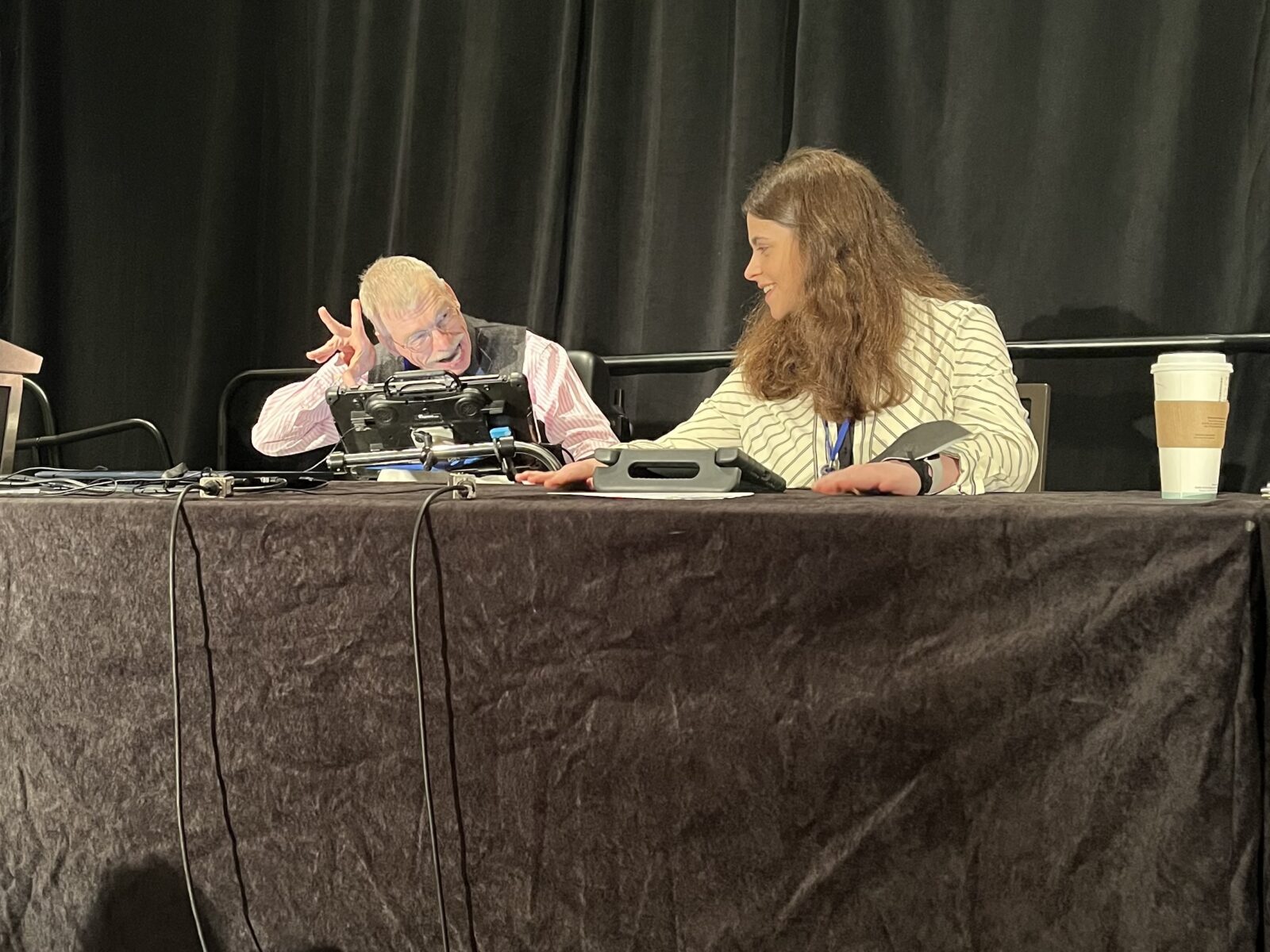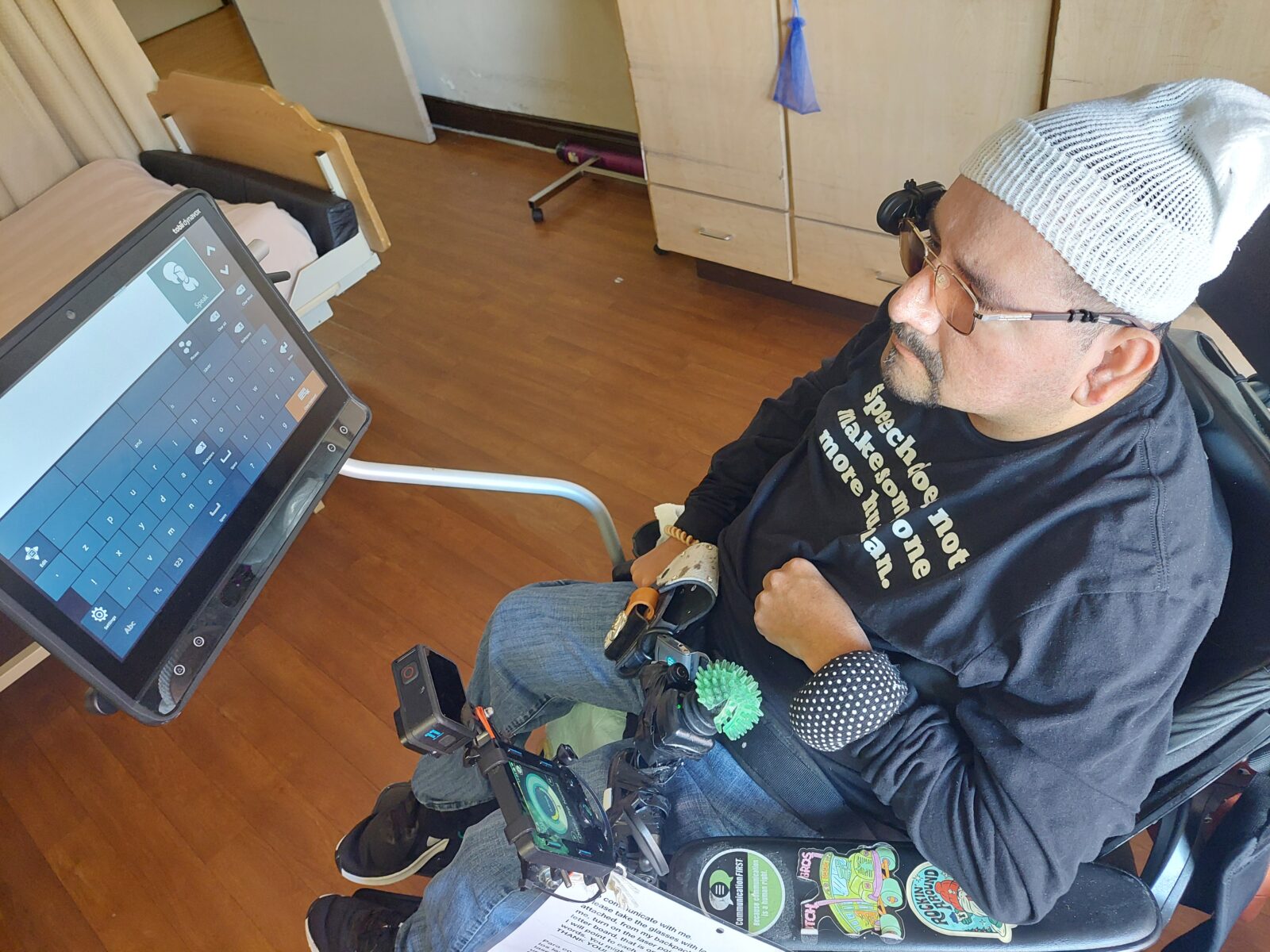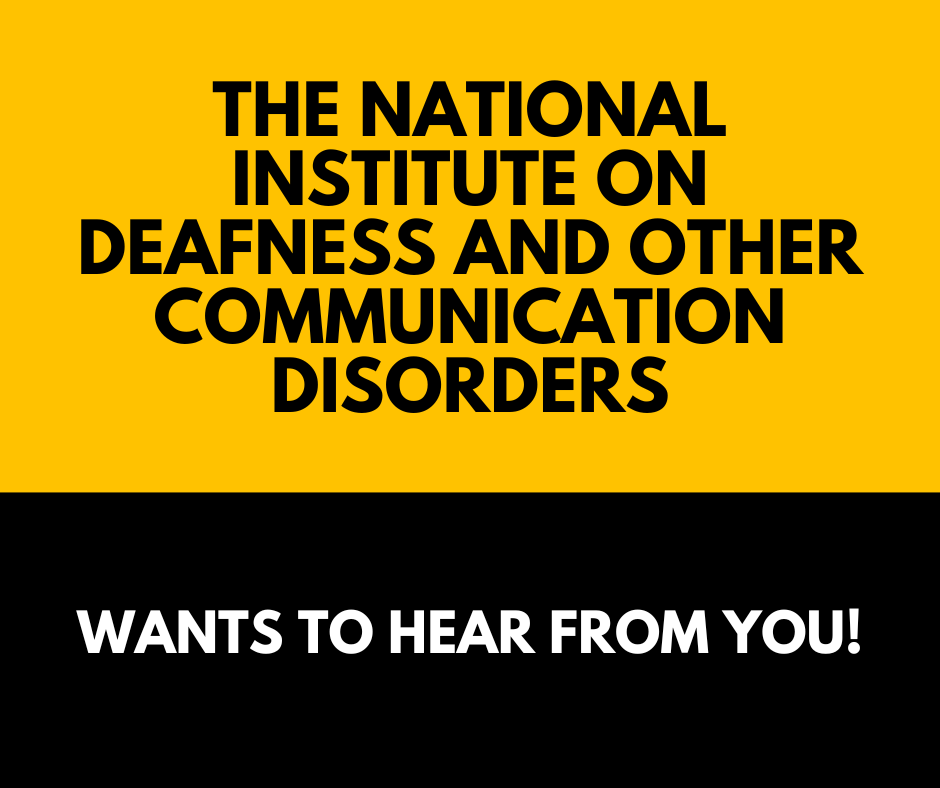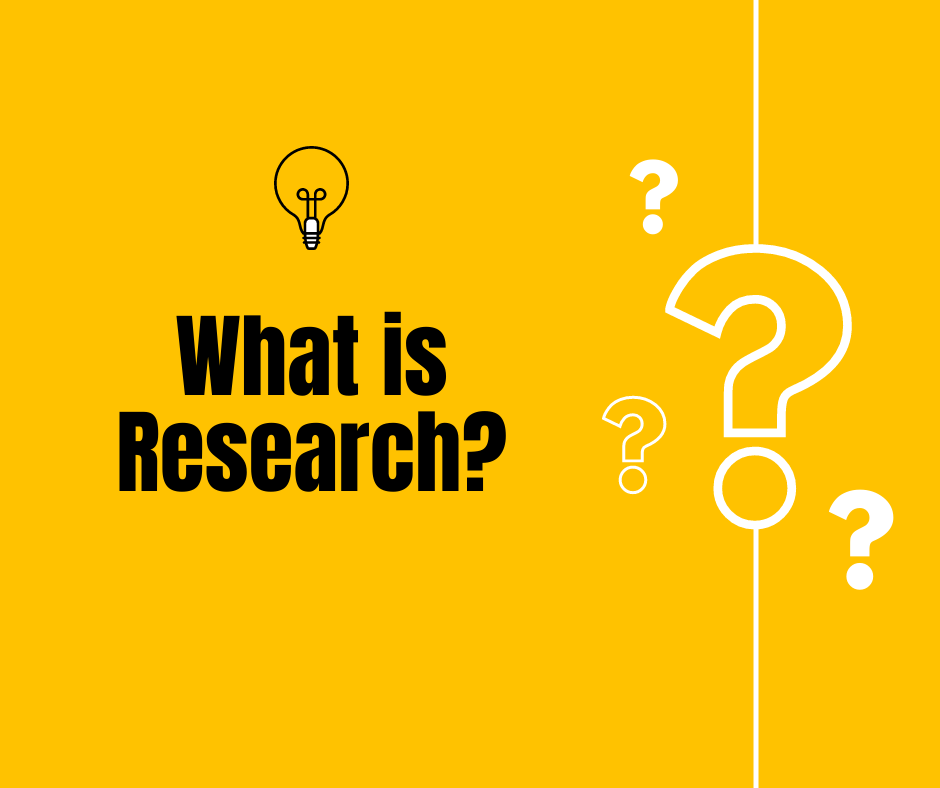Typing with his toes is one way our Board Director Tim Jin communicates. Tim’s key(board) to success has been embracing change in AAC technology! Learn more from his AAC Research Summit talk.
Dr. Lateef McLeod’s “How Ableism Impacts People Who Use AAC” presentation was first given at the Future of AAC Research Summit on May 14, 2024, in Arlington, Virginia.
If you are a researcher, an AAC user interested in research opportunities, or a person supporting an AAC user interested in these opportunities, learn about how we can best connect you!
Bob Williams’s Literacy and AAC presentation was first given at the Future of AAC Research Summit on May 14, 2024, in Arlington, Virginia.
CommunicationFIRST held a brainstorming session to begin to identify some of the “good, bad, and ugly” ways technologies can uniquely impact people with speech-related disabilities.
CommunicationFIRST publicly recruited a diverse group of AAC users who were willing to be interviewed on camera about their priorities for AAC research.
In a first-of-its-kind event held May 13-14, 2024, people with speech-related disabilities from around the U.S. told senior federal officials and researchers how future research dollars should be prioritized.
Last month, CommunicationFIRST submitted extensive input to one of the largest federal government funders of AAC-related research — the National…
We encourage as many AAC users as possible to share your research priorities with NIDCD.
This is a plain language guide to research and why it is important. The government is asking people what kind…
These nine studies, published between May and December 2020, tell us people with intellectual or developmental disabilities (including those who rely on AAC) are between 1.7 and 16 times more likely to die from COVID if they get it than those who do not have I/DD.


